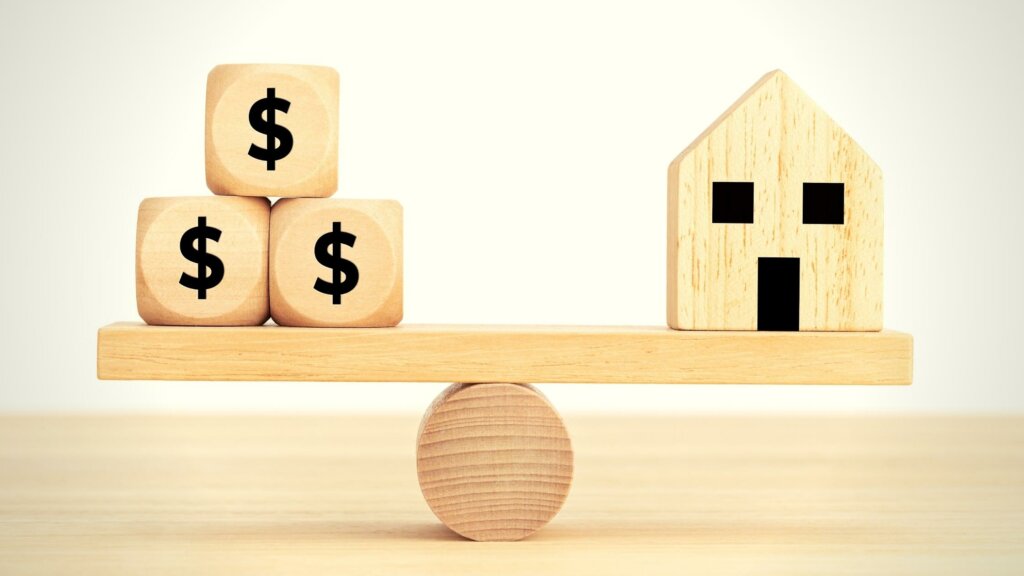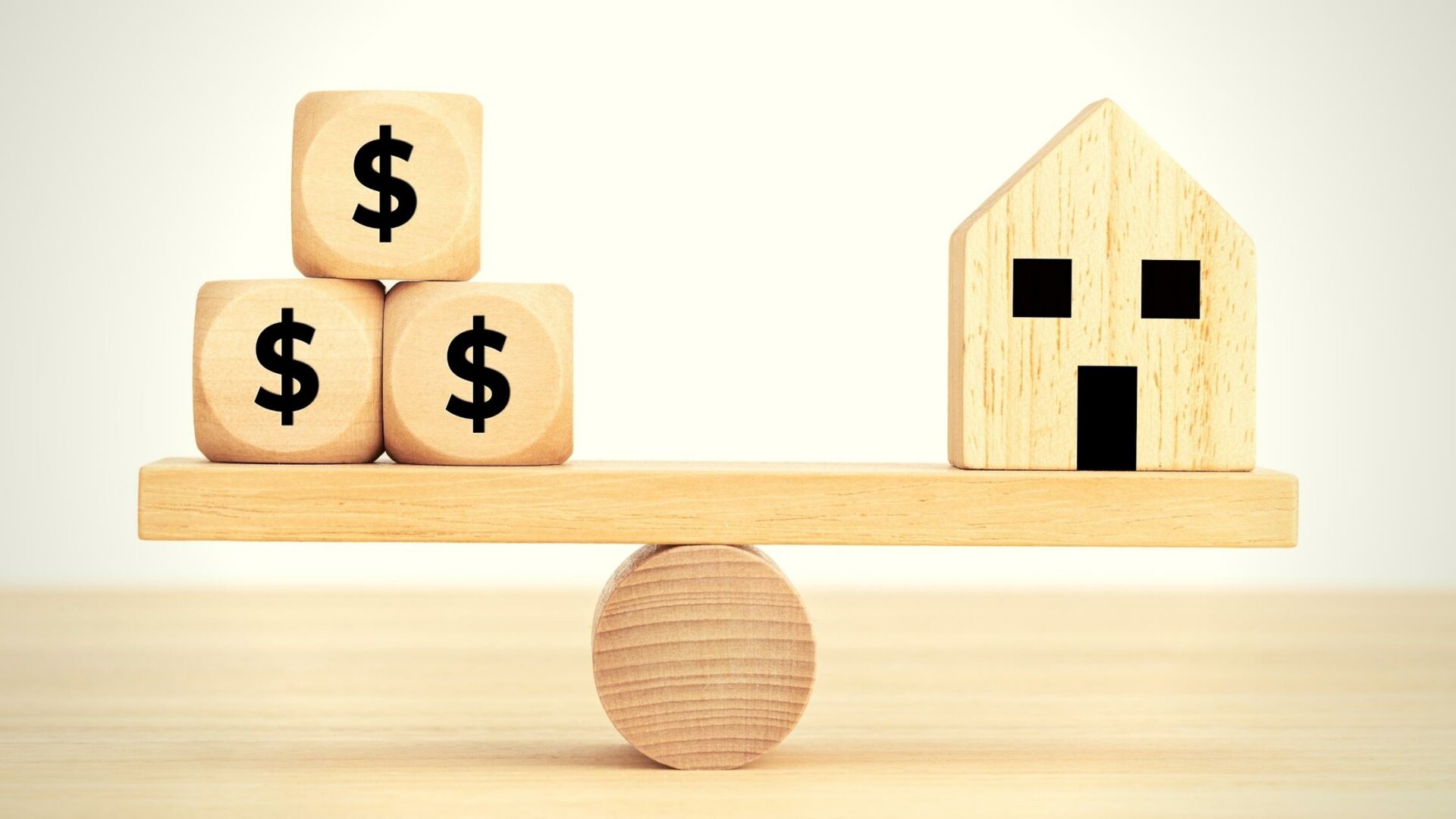Understanding Home Value Estimators
You’ve probably heard the saying, “The value of your home is worth what someone is willing to pay for it”. That would benefit you if that person had all the money in the world and really loved your home. However, in a more realistic scenario, a home buyer would more likely only want to pay a fair price for your home. What Is Your Home Worth?
So how can you best determine what Is your home worth? Of course, you can reach out to seasoned real estate professionals to assist you with this but there are major advantages to learning the top methods used to estimate your property value. It has honestly become much easier in today’s market to calculate your home’s value with all the tools and data at our disposal.
Understanding these methods can have a major impact on your overall financial health. Whether it’s making sure your home is properly insured or if you plan on selling your home in the near future and want to know where the real estate market is headed. There are a number of available resources that you can tap into to determine a home’s market value.

What is the definition of Home Value?
Home value refers to the worth of a piece of real estate based on the price that a buyer and seller agree upon depending on the location and condition of the property. Coming to a concluded price and generating enough hindsight to figure that out prior to the sale requires a little bit of a deep dive. A seller’s objective is the sell their house for the maximum price they can fetch while a buyer is most likely trying to purchase at a reasonable or discounted price. What the market will bear will be measured by the economic theory of supply and demand.
6 factors that affect the resale value of a home?
- Historic Sales Price: This is determined based on the number of times the property has been sold in the past 3 to 5 years and the sales price. If the home was sold for $200,000, $205,000, and $210,000, it would be fair to value the home in the $200,000 price range and make adjustments accordingly.
- Neighborhood or Location: Schools, distance from work, scenery, crime, and amenities in the area all correlate to the home values in the area.
- The Market: The state of your local economy will determine how many available buyers can afford to purchase a home in your area. Couple this with a shortage of houses area and you have a seller’s market where home prices will start to rise. The opposite holds true when there are more homes than there are buyers available.
- Size and Usable space: Many buyers will look at the price per square foot of the home and the lot. It is an efficient way to compare homes of proportionately different sizes.
- Appeal: Homes that are outdated or stand out too much will typically sit longer on the market. This may lead to sellers having to discount their properties in order to sell. But, if the layout and design match what is trending at the moment, the seller may be able to fetch top dollar for their property.
- Age and condition: Newer homes will usually sell for more because they will require less maintenance. However, a well-renovated home or an older home that has been very well maintained could sell for just as much.
Best Practices to Calculate Property Value
Sales Comparison Approach: This method utilizes data from other properties similar to yours that have sold within the last 6 months to a year. What constitutes a similar property are those that compare closely in location, age, condition, size, and appeal. It stems from the basic principle of substitution; why should a buyer pay more when a similar property in the same area was valued less? This is the most common method used by buyers hoping to determine a property’s fair market value. This method also applies to both land and rent values.
Income Approach: This method uses the rental income a property generates to estimate its fair market value. The basic calculation behind this approach is to divide the net operating income by the capitalization rate. This is a very comprehensive strategy but can arguably be the most advantageous to know. In the real estate rental market, it is common to recoup your initial investment in roughly 15 years or make a 6.67% return yearly. The capitalization rate in this case would be .0667. Assuming the rent for the property less any monthly expenses is $1000 a month or $12,000 a year, the valuation for this property would be ($12,000(net operating income)/ .0667(capitalization rate) = $179,910.04(Value)). Of course, the more conservative your calculations are when determining net income, the more accurate your valuation becomes.
Cost Approach: This method is based on the idea that a property should be priced based on the land value plus the cost of rebuilding the property minus any depreciating factors. This method makes a lot of sense when analyzing a home that does not have a lot of comparable sales or rental rates or the property is in a newly developed area. Despite some of the limitations, finding properties valued below a cost approach valuation may signal a great buying opportunity.
Free Resources for Reliable Data:
Data is king and the more accurate your information the better. Your home valuation is only as good as the information you use to compute your numbers. Although there is a ton of free and publicly available data, it may be worth it to spend a little bit of money in order to get as close as you can to your home’s true value.
Here is a list of the more reliable free resources that you can use to find the best data to determine your property’s market value.
- Home Value Algorithms: Zillow, Redfin, and Realtor.com are free online tools that use an algorithm to pull from multiple data points, sometimes millions, to instantly produce an estimated home value or rent rate. You can also work to gather comparable data manually through their platform to try to be more accurate.
- Rentometer.com: This is another online tool that specifically focuses its algorithm on rental data. It is a paid service but you can get access through a 7-day free trial. It is a favorite tool amongst landlords.
- Country Appraisal Website: This is a free government-sponsored website that gives you access to how much your county appraises your home. The majority of the appraisal districts usually use a cost approach method when determining appraisal value. Although the data does not get updated as frequently, it is still a good resource to consider.
- Multiple Listing Services (MLS) : The MLS is a restricted service that is only accessible to real estate brokers and their agents who are licensed by their state. Compared to the other platforms, the MLS has exclusive sales data that updates in real-time. Although most realtors would gladly provide this data as a free service, they may press you to sign an exclusive agreement with them with it comes time to sell or buy a home.
- Propstream.com: Propstream is a paid service but does come with a free trial period. It is by far one of the best tools available for investors and even realtors. The data may not be as up-to-date as the MLS but it does get updated daily. The biggest advantage to this service is that it comes with a rehab calculator as well as access to nationwide data as opposed to just local data. This is my go-to tool when determining home values.
- Local Real Estate Investor: Most real estate investors have access to Propstream as well as networks of realtors and other services that they use to put together home valuations. We are more than happy to share those resources with you. The biggest advantage you have when working with a real estate investor is when calculating the income or cost approach of a home as developing and investing is what they specialize in.
As stated, free resources are great but it may be worth it to hire a professional. In this case, I would highly recommend hiring a certified residential home appraiser to help you determine what your home is worth. These are professionals that make a living calculating home value. They are often hired by banks, insurance companies, and required when working to get approved for a home loan. They are by far the most accurate resource available and can cost anywhere from a few hundred dollars to thousands of dollars depending on the size or type of property being evaluated.
Why Home Value is important
Knowing your home’s value helps you evaluate what you can afford. Getting a better idea of how much you can sell your home for will help determine your buying opportunities in the future. Or, if you’re refinancing instead, understanding how much equity you have in your home will determine if you are able to take out a HELOC or take cash out. Maybe you do not have any immediate plans to sell or refinance your home. Being aware of your home value and checking it yearly can keep you prepared for when the time comes or when the unexpected happens.
Wabi Sabi Realty | Ricky Pok | Houston Real Estate Investor
As always, it is important due your due diligence when deciding to work with someone regarding selling your house. I started Wabi Sabi Realty Group as a way to help distressed clients that I couldn’t do otherwise while I was working as a mortgage lender. I was always troubled about how we had to decline or pawn off clients just because they were facing a situation that became way too complicated.
At Wabi Sabi Realty Group, we buy homes in any condition for all cash, without any fees or inspections, and have years of experience in the Houston, TX market. We are also dedicated to seeing all transactions through and are willing to invest upfront on transactions to make sure there are no complications during the home selling process.
If you or someone you know may be dealing with an issue that may require a real estate investor, please do not hesitate to reach out. Even if you believe that a real estate agent may be better suited, still feel free to reach out and I can definitely put you in contact with the top agents in your local market. For more information about how we can assist you, please give us a call at (281) 306-5721 or fill out the form. We will be happy to talk to you about how we can buy your house for cash and close at a time that is convenient for you.
Areas We Serve
Baytown, Conroe, Cypress, Deer Park, Galveston, Houston, Humble, League City, Missouri City, Pasadena, Spring and Sugarland, Texas.

